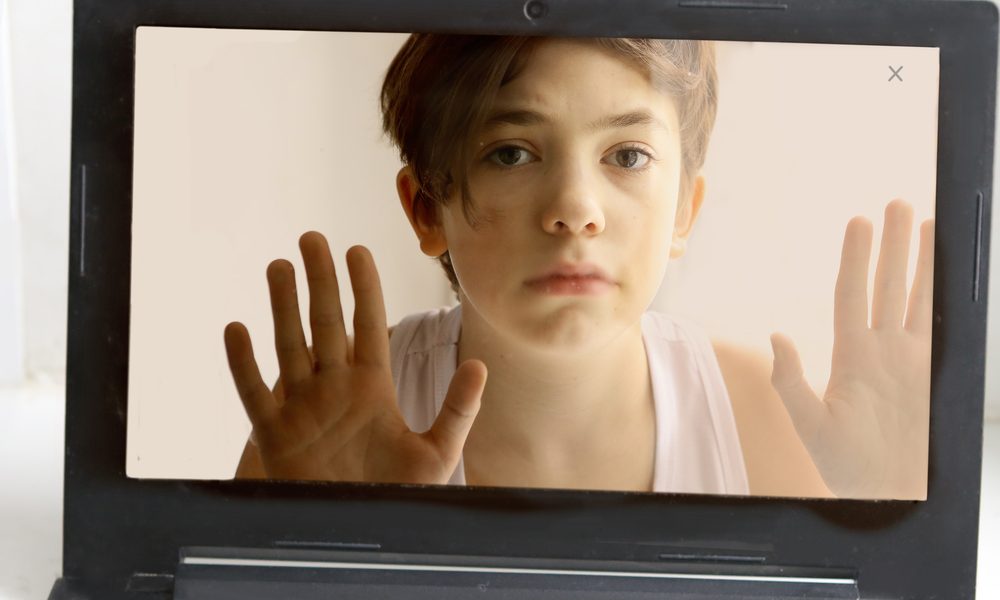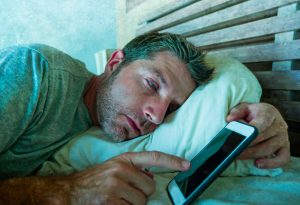
Digital Detox: How To Overcome Digital Addiction

Many people are who are addicted to their devices are increasingly seeking digital detox. Presently, millions of people are addicted to the phone, the Internet, and social media. Although this may seem like a minor problem, when you consider that even youngsters and teenagers are addicted to this phenomenon, you will notice that it is a serious issue.
Children in the United Kingdom spend approximately 6 1/2 hours on their mobile screens while adults spend an average of eight hours and 41 minutes every day, which is more than the time they spend sleeping. An average smartphone user checks the device over 100 times every day, and he or she does so the first thing in the morning. U.K. citizens spend 25 hours online per week, an increase of nearly 2 1/2 times since 2005.
[su_quote class=”cust-pagination”]“Social media is changing the way we communicate and the way we are perceived, both positively and negatively. Every time you post a photo, or update your status, you are contributing to your own digital footprint and personal brand.” — Amy Jo Martin [/su_quote]
Why Is Digital Detox Important?

Song_about_summer/Shutterstock
Nearly 50% of the adults in the UK admit to being addicted to their smartphones. This is not different in America and other parts of the world. Among smartphone users, 80% claim that the first thing they do in the morning is to check their smartphone. Also, 66% of smartphone owners suffer from ‘nomophobia,’ which is a fear of being without or losing one’s phone at some time. Therefore, they keep on checking to ensure that their phones are within reach. Women are more affected by this condition than men, while children are complaining that parents are adopting double standards with regard to the usage of smartphones.
There is a strong link between the heavy usage of Internet and depression. According to studies, people who are constantly on the Internet are more than five times susceptible to depression than moderate Internet users.
Facebook also creates depressive symptoms, giving the victim low self-esteem according to research. Increased smartphone usage also causes anxiety.
A study by the University of Pittsburgh shows that people who use seven to 10 social media platforms are three times likelier to be depressed than the people who use one social media platform. The study also reveals that staying off from social media increases one’s level of happiness.
Smartphone addiction can also cause problems such as neuroticism and narcissism among the users. Digital addiction is a major problem among millions, and the only treatment seems to be digital detox.
How Is Digital Detox Conducted?
Logging of the Internet or leaving the cell phone behind is not an easy task for addicted people. Such people are likely to stay in denial or may just not have the time needed for the detox. For them, it is hard to switch off from technology until they get a long-term glimpse into the benefits of digital detox. Clinics that offer digital detox services fully understand the problems that people face, so they have designed different concepts for every individual.

TheVisualsYouNeed/Shutterstock
Such clinics are teaching people the downsides of being connected to technology while helping them to unplug. The sessions are generally two hours long; they are fun and equip the addicted person with all the information necessary to overcome digital addiction.
For people who are uncomfortable with group sessions, arrangements are in place for them to access 90-minute sessions after completing an online questionnaire about their device usage. Individual sessions try to identify the individual’s particular areas of difficulties and provide the necessary tools to win this battle.
[su_quote class=”cust-pagination”]“The idea behind digital computers may be explained by saying that these machines are intended to carry out any operations which could be done by a human computer.” — Alan Turing [/su_quote]
The number of people who are addicted to technology could be higher than the numbers of people who are dealing with alcohol and substance abuse. However, researchers have developed a solution for this addiction. If you are an addict, please try to detox.
More in Mind & Mental
-
`
Here’s Everything You Need to Know About Open Relationships
An open relationship is a consensual arrangement where partners agree to engage in romantic or sexual relationships with other people. Unlike...
June 6, 2024 -
`
Explore the Multifaceted Goals of Meditation
What is the goal of meditation? If you have ever found yourself asking this question, you are not alone. Meditation has...
May 31, 2024 -
`
When is National I Love You Day Celebrated? Mark Your Calendar
Life can get hectic, and sometimes amidst the daily grind, we forget to express our love and appreciation for the phenomenal...
May 23, 2024 -
`
When’s the Best Time of Day to Fish?
For any angler, a successful fishing trip hinges on several factors. But one of the most crucial elements is timing. Knowing...
May 14, 2024 -
`
What Mental Illness Does Britney Spears Have? Discovering the Answer
Britney Spears, a name that resonates with millions around the globe, goes far beyond the glitz and glamour of her stardom....
May 7, 2024 -
`
Here Are Some Easy Ways To Say No To Unrealistic Expectations In Your Relationship
If you are in a relationship, you should constantly work on improving it. Some early lovebirds fall in love too quickly...
May 3, 2024 -
`
Therapy? Medication? What Are the Treatments for PTSD
Post-Traumatic Stress Disorder (PTSD) is a common after-effect of traumatic events. It can be a debilitating condition, but the good news...
April 25, 2024 -
`
Courting vs Dating – Which Relationship Path is Right for You?
In today’s fast-paced world, the terms ‘courting’ and ‘dating’ often swirl around in conversations about relationships. While some people may use...
April 23, 2024 -
`
Essential Mexico Travel Tips for a Seamless Adventure
Mexico, a land of vibrant culture, breathtaking landscapes, and mouthwatering cuisine, beckons travelers from across the globe. But before you embark...
April 16, 2024















You must be logged in to post a comment Login